
Arkansas‘ highest court on Thursday threw out a judge’s ruling that could have allowed all married same-sex couples to get the names of both spouses on their children’s birth certificates without a court order, saying it doesn’t violate equal protection “to acknowledge basic biological truths.”
The state Supreme Court also issued a rare admonishment to Pulaski County Circuit Judge Tim Fox, saying he made “inappropriate remarks” in his ruling that struck down the birth certificate law. Fox had cited the U.S. Supreme Court’s decision legalizing gay marriage in his ruling last year that said married same-sex couples should have both names listed on their children’s birth certificates, just as heterosexual married couples do, without requiring a court order.
In the state Supreme Court’s decision Thursday, the justices sided with the state attorney general’s office, saying Arkansas has a vested interest in listing biological parents on birth certificates.
“What is before this court is a narrow issue of whether the birth-certificate statutes as written deny the appellees due process,” Justice Josephine Linker Hart wrote in the court’s majority opinion. “…In the situation involving the female spouse of a biological mother, the female spouse does not have the same biological nexus to the child that the biological mother or the biological father has. It does not violate equal protection to acknowledge basic biological truths.”
Cheryl Maples, who sued on behalf of three same-sex couples, said she hasn’t decided yet whether to appeal to the U.S. Supreme Court. The three couples who sued were allowed to amend their children’s birth certificates last year under a ruling issued by Fox.
“There’s no requirement that DNA be given or that there be a biological relationship to a child to get on a birth certificate for a father, for the non-birth parent,” she said. “All you have to do is legitimize the child and you’re entitled, if you’re heterosexual. This is wrong.”
Judd Deere, a spokesman for Arkansas Attorney General Leslie Rutledge, said the state is “gratified” by the court’s decision.
“If any changes are appropriate it is the job of legislators to do so, not the circuit court,” he said.
Associate Justice Paul Danielson dissented and Justice Rhonda Wood concurred in part and dissented in part.
by Jill Bleed, ABCNews.com, December 8, 2016
Click here to read the entire article.
The post Arkansas Court Upholds Gay Marriage Birth Certificate Law – Blow to Same Sex Couples appeared first on Time For Families.
Source: Time for Families
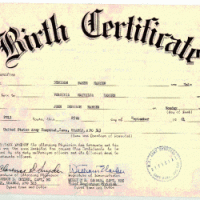







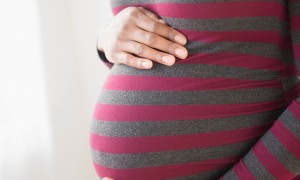



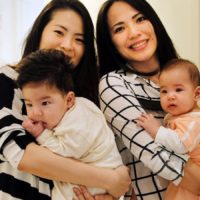


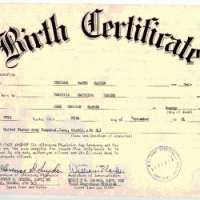





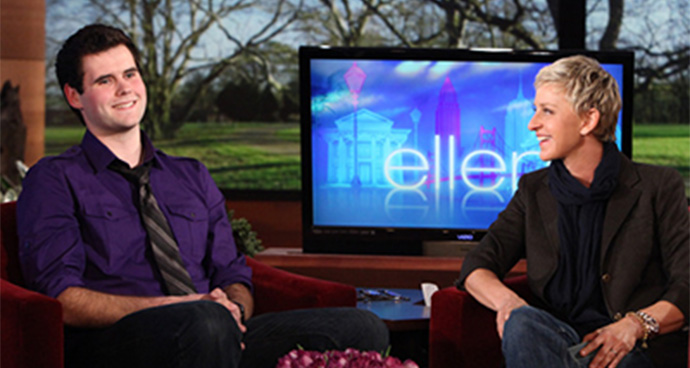
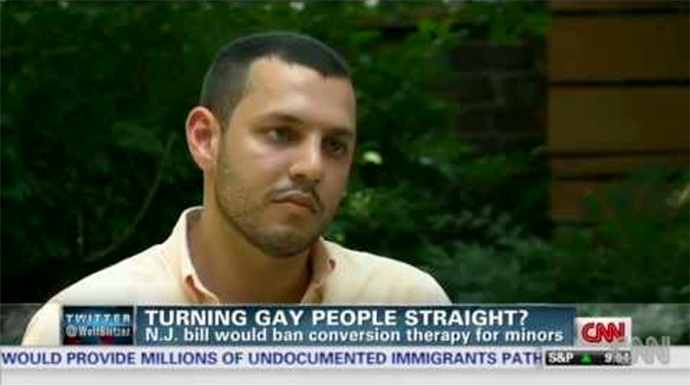
 Everything you would want to know about Matthew can be summed up in his autobiographical post on the I’m From Driftwood website.
Everything you would want to know about Matthew can be summed up in his autobiographical post on the I’m From Driftwood website. Nathan Schaefer is the Executive Director of the Empire State Pride Agenda and the Empire State Pride Agenda Foundation. In this capacity, he oversees the organization’s staff across the state and is responsible for advancing equality and justice for LGBT New Yorkers via the various facets of both organizations. Nathan has ushered the Pride Agenda through to several accomplishments during his tenure, including the roll out of a new brand and online presence, unprecedented support to secure civil rights for transgender New Yorkers and a leadership role on two new initiatives, protections for families with advocacy for the passage of the Child-Parent Security Act and a bill to protect LGBT youth from “therapy” practices that attempt to change who they are.
Nathan Schaefer is the Executive Director of the Empire State Pride Agenda and the Empire State Pride Agenda Foundation. In this capacity, he oversees the organization’s staff across the state and is responsible for advancing equality and justice for LGBT New Yorkers via the various facets of both organizations. Nathan has ushered the Pride Agenda through to several accomplishments during his tenure, including the roll out of a new brand and online presence, unprecedented support to secure civil rights for transgender New Yorkers and a leadership role on two new initiatives, protections for families with advocacy for the passage of the Child-Parent Security Act and a bill to protect LGBT youth from “therapy” practices that attempt to change who they are.